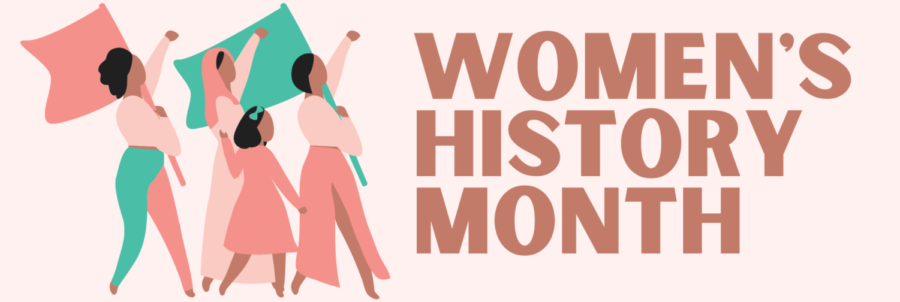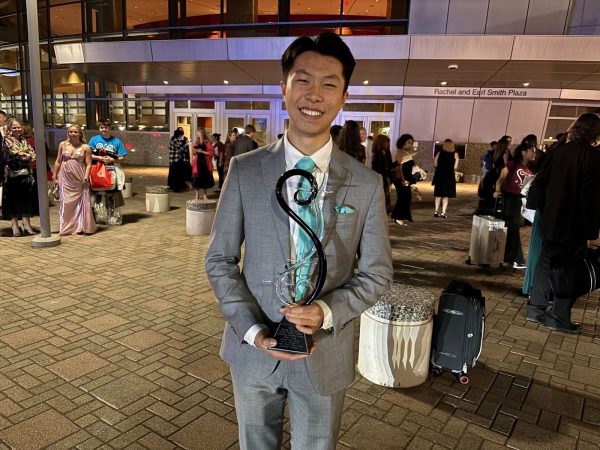Honoring Women’s History Month
As Women’s History Month is approaching, it is important to become educated on what our nation is celebrating and the importance of honoring women.
National Women’s History Month is celebrated every year in March. However, Women’s History Month was not always celebrated for an entire month. Originally, the Month was only a day (International Women’s Day) which began in 1909 on February 28 to commemorate the meeting of socialists and suffragists in Manhattan. Just two years later, more countries all over the world began to celebrate the day, but it was not until 1975 when the United Nations began sponsoring the day and countries such as the United States became more involved. In 1977, when Title IX passed, a group in California created Women’s History Week. This would lead President Jimmy Carter to declare March 8th as the official beginning of National Women’s History Week in 1980. The last stretch was in 1987 when Congress announced that the entire month of March would be Women’s History Month.
Throughout history, women have been extremely suppressed due to their male counterparts. Before the beginning of the 20th century, a woman’s role was the caretaker who served her husband and children, putting herself dead last in priority. It was shunned upon for women to be interested in anything related to men. Women were considered weaker than men and would be completely ignored when it came to making political decisions. The lives of women were chosen by men with having no say from the people whose decisions impacted them. As the Women’s Suffrage Movement began in 1848, their first goal was to achieve the right to vote in elections. After an excruciatingly long time, in 1920, the 19th Amendment was ratified and allowed anyone to vote regardless of gender. This, however, was just the beginning of a very long road to get to where we are now in terms of equality.
My mother, Ana Ruano, an immigrant from Mexico had experienced moving from a country rooted in tradition and harsher societal expectations to a country that was slowly, but surely evolving in its views.
“When I moved to America, the culture shock was insane,” Ruano said. “I noticed how after getting married and having my own children, I no longer had to worry about what my parents told me. I could raise my children to be respectful and pursue their passions no matter if they were a man or a woman.”
During both World War I and World War II, while millions of men were being drafted into war, there was no one to work and keep America’s economy running. This is when women stepped up to take over the tasks their husbands left behind and we started to see a new societal shift. Women were starting to realize that they were capable of way more than staying at home and taking care of the family. After the wars, America would have more female workers, yet they would still be treated differently than men. Now, it became a fight for equal pay and treatment in the workforce.
To this day, there are still many steps women must overcome to reach equality, but society has drastically changed since the beginning of the 20th century due to the courage and strength of many influential women throughout history. Women such as Susan B. Anthony, Elizabeth Cady Stanton, Lucy Stone and Ida B. Wells all helped shape how a woman’s role is viewed today.
“While the equality of men and women still has a long way to go, I believe it is slowly getting better, and Women’s History Month is extremely important to further spread awareness about Women’s suffrage,” Ruano concluded.
Your donation will help support The Lambert Post, Lambert High Schools student-run newspaper! Your contribution will allow us to purchase equipment and cover website hosting costs.













